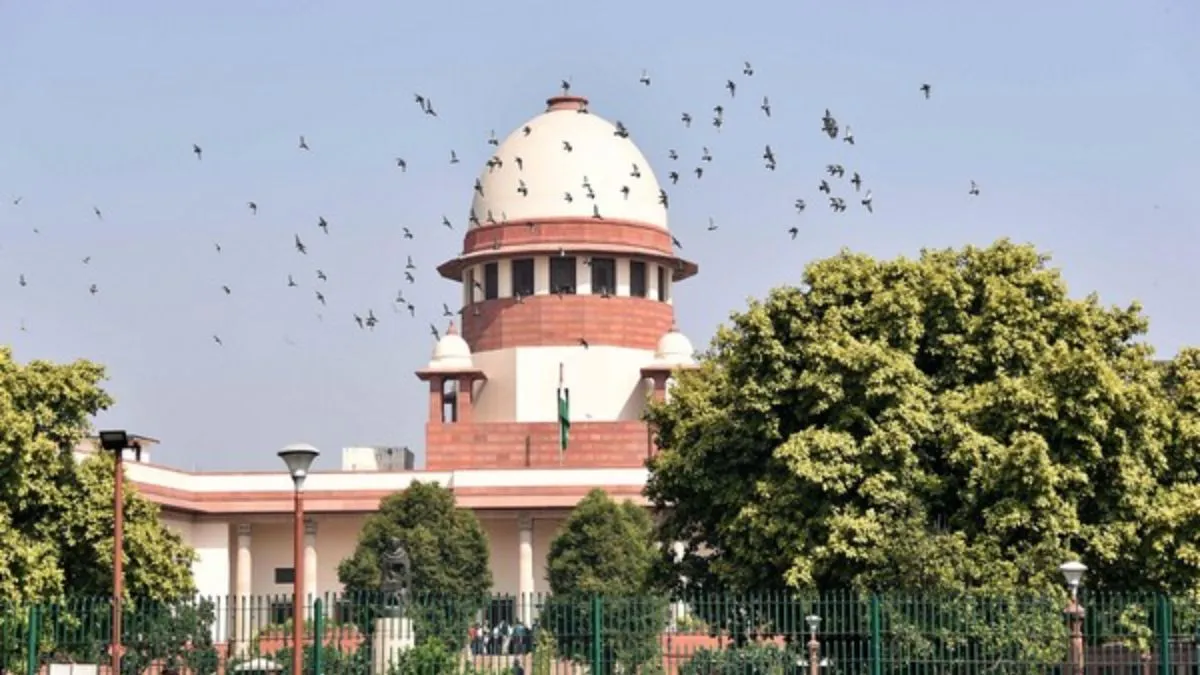- By Anushka Vats
- Thu, 02 Jan 2025 08:40 AM (IST)
- Source:JND
The Supreme Court will hear on Thursday the petition of AIMIM chief Asaduddin Owaisi demanding implementation of the Places of Worship Act of 1991. Under this law, the religious character of any place will remain the same as it was on August 15, 1947.
Lawyer and MP Owaisi filed this petition through advocate Fuzail Ahmed Ayubi on December 17, 2024. However, on December 12, a bench headed by Chief Justice Sanjiv Khanna, while hearing similar petitions against this 1991 law, had banned issuing any interim or final order and accepting new petitions on pending cases seeking reclaims on religious places, especially mosques and dargahs.
As a result, the apex court had stayed the hearing of about 18 petitions filed by Hindu parties seeking a survey to ascertain the original religious character of 10 mosques. These include Gyanvapi in Varanasi, Shahi Idgah Mosque in Mathura and Shahi Jama Masjid in Sambhal.
AIMIM Chief Asaduddin Owaisi had hen termed the Supreme Court's order as a "correct" and "good decision" after the court restrained all courts in the country from passing any effective interim or final orders, including survey orders, in pending suits against existing religious structures.
Speaking to ANI, Owaisi emphasised that the objective of the Places of Worship Act, 1991, was to prevent instability and riots in the country and ensure peace.
"What we can see now, especially what happened in Sambhal, is that a case was filed in one day, and the order was granted within 1.5 hours. A survey was conducted, violence ensued, and five innocent Muslims were killed in police firing. Today, the Supreme Court has said no further surveys will be held until the hearing is complete. This is a correct and good decision," he said.
A bench comprising Chief Justice of India Sanjiv Khanna and Justices PV Sanjay Kumar and KV Viswanathan also ordered that no fresh suits can be registered over such claims while the court is hearing pleas challenging the Places of Worship (Special Provisions) Act, 1991.
"As the matter is sub judice before this court, we deem it fit to direct that while suits may be filed, no suits would be registered or proceedings undertaken until further orders of this court. In the pending suits, courts would not pass any effective interim or final orders, including orders of survey," the bench stated.


